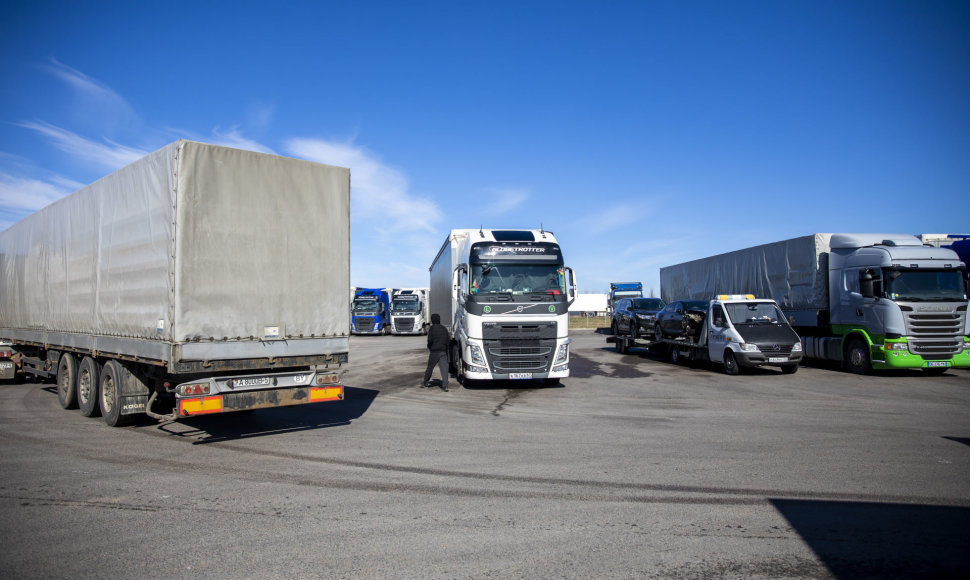Two of the largest haulier associations – the Lithuanian National Road Carriers Association Linava and the International Transport and Logistics Alliance (TTLA).
According to Linava president Romas Austinskas, Lithuanian hauliers have addressed a request to the president of the European Parliament and all members of the Conference of Presidents of the European Parliament, asking not to include the Mobility Package into the plenary session agenda.
“We have requested the most important matter – not to become clear. We hope that our request to the European Parliament leaders will be supported in solidarity not only by other EU member state haulier associations, but also political group representatives from Latvia, Estonia, Poland, Hungary, Romania, Bulgaria, Malta, Cyprus and other states. In the final stage of negotiations on the Mobility Package, the role of the European Parliament is decisive,” R. Austinskas notes.
In their appeal to the European Parliament, Lithuanian hauliers reiterated reasoned arguments against approving the Mobility Package, emphasising its discriminatory provisions and disproportionate requirements on individual EU member states, as well as clear clashes with the ambitious climate change goals set by the EU. Furthermore, the restrictions present in the Mobility Package would fracture the EU’s Common Market. The mobility package is mostly supported by the old EU member states from Western Europe – Germany and France, who would obtain a clear competitive advantage against businesses registered in periphery states.
According to TTLA secretary-general Tomas Jurgelevičius, most controversial among EU member states is the provision that obliges trucks to return to their country of registration periodically. According to him, the contradictions in the Mobility Package’s provisions were further highlighted in the face of the current pandemic.
“Most European countries have implemented strict quarantine conditions, limiting social contact to reduce the risk of the infection spreading. Meanwhile, the requirements present in the Mobility Package, which oblige drivers to travel further thousands of meaningless kilometres on European roads. Under typical circumstances, this would be a meaningless waste of fuel and environmental pollution. Under current conditions, it is a meaningless risk, which comes at an extremely high price – the health of drivers,” T. Jurgelevičius says.
The hauliers emphasise to the MEPs that the transport sector is already experiencing negative economic consequences, however, the real scale of these will only emerge in the future and will directly depend on the containment of the pandemic within the EU and outside of it. It is uncertain how many transport companies will be able to survive the current crisis. Still, even for those that remain – the Mobility Package could be a fatal blow, the business’ representatives note.
This week, at the EU Transport Council, despite the opposition of 9 EU member states, the council’s first reading position on the Mobility Package was approved, thus soon a second reading is to start in the European Parliament.












